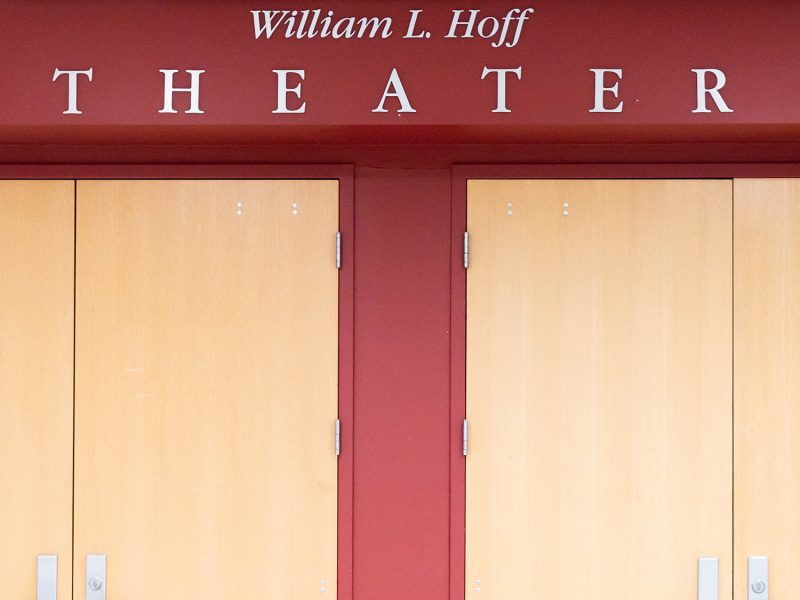Views expressed in opinion columns are the author’s own.
Coming to the University of Maryland as a transfer student from a smaller community college, I had high expectations for the American Sign Language classes I could take here. I took several in high school and community college and was hoping to develop my skills and knowledge even more.
To my dismay, Testudo only lists a couple of basic sign language classes and nothing more. I would have loved to learn more advanced ASL skills in more advanced classes, but I’m going to have to cut my ASL education short. I am disheartened to learn a university as massive as this one does not have more to offer with its sign language courses. This is also why I believe this university should invest in its ASL programs — especially by hiring more deaf professors.
Additionally, ASL is not a part of the languages, literatures and cultures school, but rather only appears as a class within the education college. To classify it as a language degree would further solidify a spot for ASL to thrive at this university.
This university’s students have long pushed for an ASL minor and major. In 2020, student Zoe Singleton started a campus organization dedicated to advancing ASL at this university, which resulted in expanding ASL course options to include the course, “EDSP488C: Selected Topics in Teacher Education; Deaf Study: Deaf Gains.”
However, when I took a quick look at Testudo’s class schedule for the fall 2022, winter 2023 and spring 2023 semesters, there was no such class. I’m curious to know why this class is not available. Moreover, it is disappointing that this course is not accessible despite all the effort it took to get this university to expand its ASL educational offerings.
Currently, there are only two sign language courses available.
The entry level course, “EDSP376: Fundamentals of Sign Language,” has merely two sections, and as of the time I’m writing this, has more than 30 people combined on the waitlist. If EDSP376 had a few more sections, these waitlisted students would be able to take the class.
But adding more sections of a course isn’t a perfect solution. On the surface, more sections would be great, but this might overwhelm the only available professors who teach this course. Instead of working with the limited number of professors this university has to meet student demand, it should hire more instructors to teach American Sign Language to its students.
In particular, the university should hire more deaf instructors over hearing ones. This might sound unnecessary. After all, once you know a language well enough, it makes sense that you’d be able to teach it to others. It shouldn’t matter if you don’t belong to the community where the language is from.
It’s advantageous to hire more deaf instructors. On an institutional level, not only would this university be helping to diminish the underemployment gap between deaf and hearing individuals, this university would also further its own goals in diversity, equity and inclusion.
There are a slew of programs teaching ASL today but in my experience, there is nothing quite like learning about a community, its history, language and culture than from the individuals within it. Deaf culture is just like any other culture, where those within it can describe and share it best.
Giving deaf professors the opportunity to speak about their community and share their language would be a just and appropriate move on this university’s part. Not to mention, because other major universities can create programs inclusive and representative of Deaf culture, it is certainly frustrating to see this university is not quite there yet.
Expanding the selection of sign language courses and creating more courses inclusive to Deaf culture benefits everyone. With an increased interest in learning sign language since the start of the COVID-19 pandemic, it is no surprise such classes here are in demand.
The end goal should be to develop a curriculum for an ASL minor or major, but in the meantime, an impactful short-term solution is to hire more deaf professors to work within the ASL curriculum we already have.
Vrisha Sookraj is a junior psychology major. She can be reached at vsookraj@terpmail.umd.edu.



